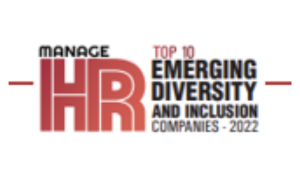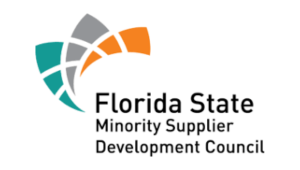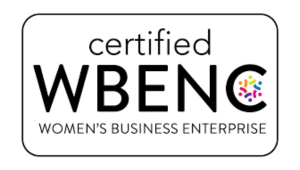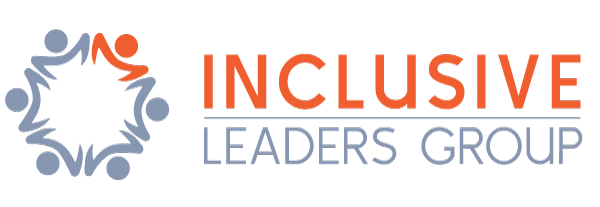One of the challenges for leadership development is that most organizations expect more than 40% of leadership roles to be significantly different within five years. “This uncertainty around what the future of work looks like and what skills leaders will need to be successful makes it difficult to successfully build a strong leadership bench,” says Sari Wilde, Managing Vice President at Gartner.
Bench strength refers to the depth and level of leadership readiness among talent at an organization. Having a strong talent bench means having a high number of internal candidates who are prepared to step into critical leadership roles at any time. While the term bench strength is most commonly associated with succession planning for an organization’s most senior executives, HR and talent leaders should strive to strengthen the talent bench at every level.
Building a diverse and inclusive talent bench begins with a robust pipeline development strategy. An effective pipeline not only ensures a constant influx of skilled individuals but also promotes a diverse array of voices and viewpoints. Here is a checklist of key strategies for creating an inclusive talent bench:
How to Build an Inclusive Leadership Bench Strength Checklist
- Unbiased Recruitment Practices: Inclusive leadership starts at the recruitment stage. Implement blind application processes to remove unconscious bias and ensure that candidates are evaluated solely on their skills and qualifications. Train recruiters and hiring managers to recognize and mitigate biases during candidate assessment.
- Diverse Sourcing: Broaden your candidate search by exploring different networks, platforms, and communities. Partner with organizations that focus on underrepresented groups and attend events that attract diverse talent. This expands the pool of potential candidates with varied perspectives and experiences.
- Mentorship and Sponsorship Programs: Establish mentorship and sponsorship initiatives within your organization. Encourage senior leaders to support and guide emerging talents from diverse backgrounds. Such programs help in cultivating a pipeline of future leaders while providing underrepresented employees with valuable guidance and exposure.
- Training and Development: Invest in training and skill development programs that are accessible to employees at all levels. This ensures that individuals from diverse backgrounds have equal opportunities to acquire the skills needed for advancement.
- Cultivating Inclusive Culture: Fostering an inclusive culture is vital for retaining diverse talent. Develop employee resource groups (ERGs) that cater to various demographics, creating spaces for open dialogue and sharing of experiences. Inclusive leaders actively participate in these groups, demonstrating their commitment to diversity.
- Data-Driven Approach: Regularly assess your pipeline development efforts through data analysis. Collect demographic information and track the progression of individuals from diverse backgrounds. This helps identify potential bottlenecks and areas that require targeted interventions.
- Feedback and Continuous Improvement: Encourage open feedback from employees about their experiences within the organization. Act on this feedback to refine and improve pipeline development strategies continually.
Final Thoughts
Despite substantial investments in inclusive leadership development, organizations don’t have the required diverse leadership benches to meet current and future needs. Most organizations attempt to create a strong leadership bench by managing a pipeline of successors who have the potential to fill a specific position or type of role, but this approach breaks down in today’s environment.
To build an inclusive talent bench strength, organizations must move from a pipeline management approach to a portfolio management approach in three key ways:
- Shift from supply-driven to demand-driven planning and ensure diverse candidates.
- Broaden, not just deepen, search for diverse future leaders.
- Identify and develop diverse future leaders for different roles.
- Provide inclusive leadership training for both HR and business leaders at all levels.
We are experienced experts at developing an inclusive leadership bench for companies and nonprofits described in this Guide For Customized Inclusive Leadership Development.
For a complimentary consultation, Contact Inclusive Leaders Group today!








